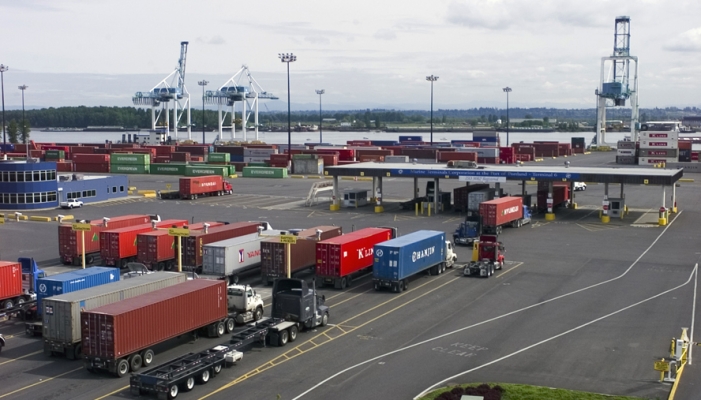View slides
Abstract: Our speaker for May 14, 2010 is Gill V. Hicks, Director Southern California Operations for Cambridge Systematics, Inc. For more than ten years, Mr. Hicks served as the General Manager of the Alameda Corridor Transportation Authority (ACTA). The $2.4 billion Alameda Corridor consolidated harbor-related railroad traffic onto a single 20-mile corridor between the ports of Los Angeles and Long Beach and the railroad mainlines near downtown Los Angeles. Mr. Hicks’ responsibilities included overall management of the agency, building consensus, estimating benefits and costs of the project, generating political support, testifying before U.S. Congress, State Legislature, regulatory bodies, city councils, funding agencies and other stakeholders; developing a financial plan, raising funds, coordinating with railroad, trucking, and shipping businesses, and managing contracts for the project.
Mr. Hicks will discuss the major challenges faced by the project, including negotiations with three competing railroads, several municipal governments, utilities, regulatory agencies, contractors, and funding entities. The process for consensus building will be discussed. Major lessons learned will be described, including methods for reducing project risk, keeping on schedule and within budget. Mr. Hicks will also touch on the challenges facing the agency as...
Read more
